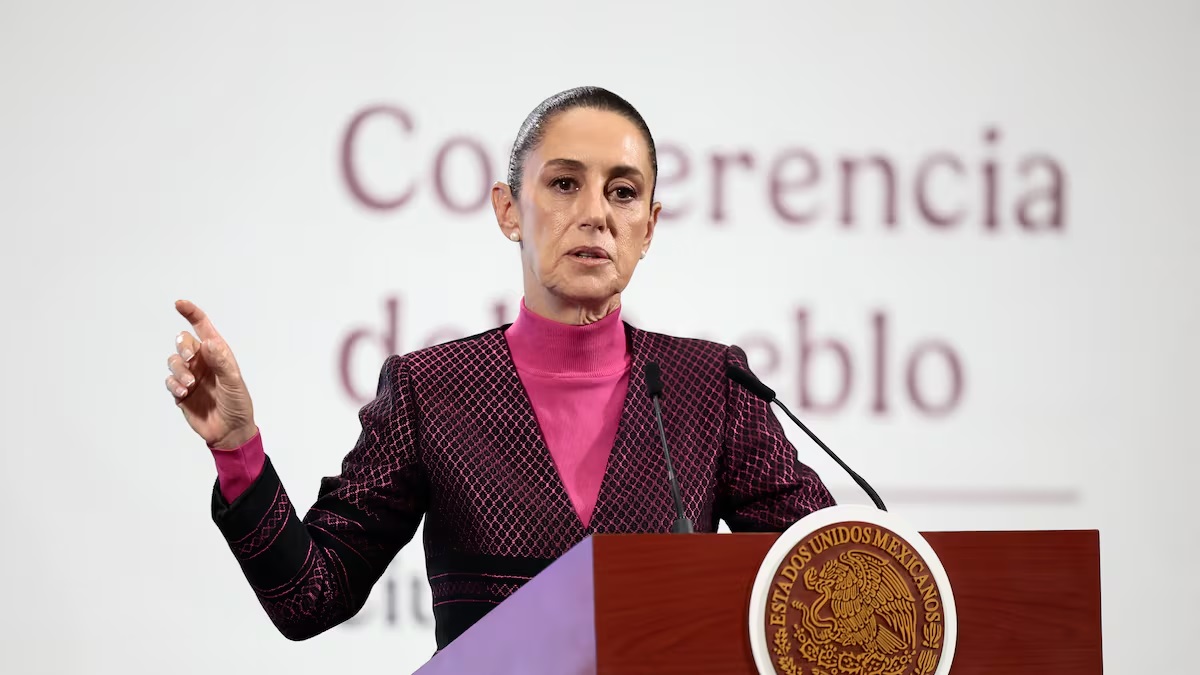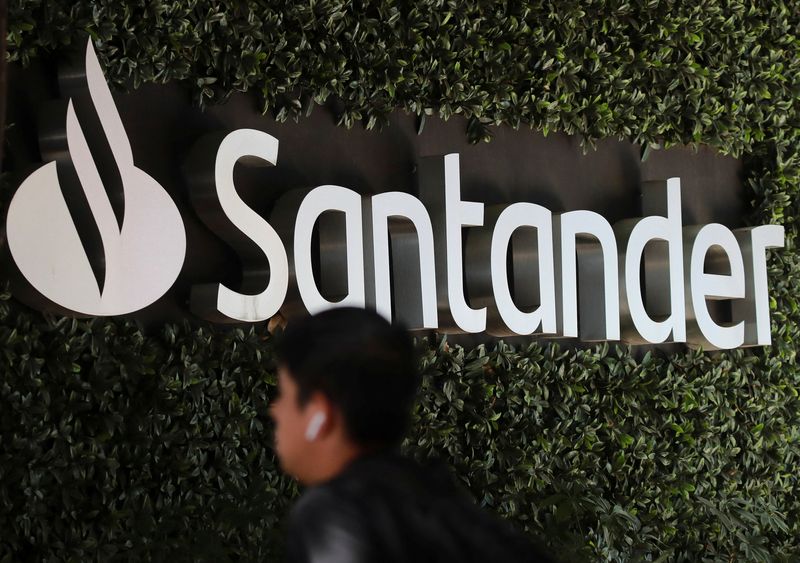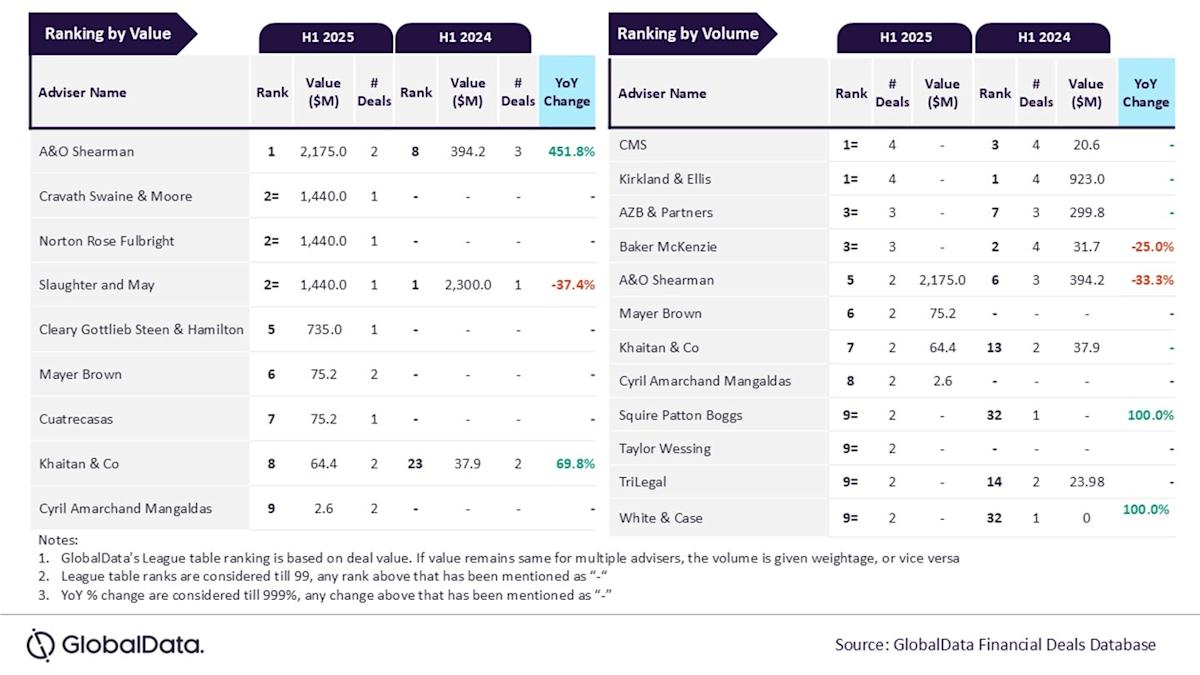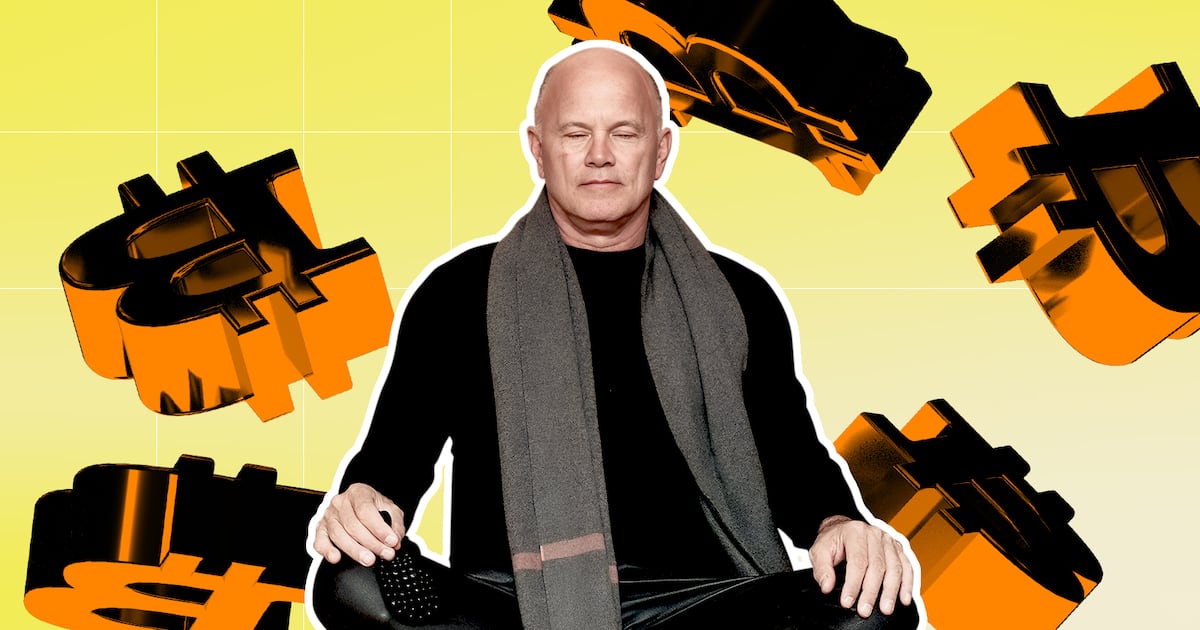How Much the Average Homeowner Has in Savings vs. the Average Renter
Housing is the largest expense for the average American consumer. The more people have to spend on housing, the less money they have available to invest, save, or spend in other categories. But does owning your home instead of renting affect how much you have in your savings account? And is it the best financial decision for you right now?
Check Out: 25 Places To Buy a Home If You Want It To Gain Value
Try This: 9 Downsizing Tips for the Middle Class To Save on Monthly Expenses
The Federal Reserve’s most recent Survey of Consumer Finances suggests the answer is yes. Here’s how the average renter’s savings compares to those of the average homeowner.
The Cost of Renting vs. Owning: Comparing Average Savings of Renters and Homeowners
The Survey of Consumer Finances data goes back to 1989, and since then, homeowners have always had more in savings than renters, on average. However, the gap between homeowners’ and renters’ savings has been growing.
For example, in 1995, on average, homeowners had around twice as much saved as renters. Now, homeowners have five times more in savings than the average renter.
Up Next: Barbara Corcoran: This Is the ‘Real Problem’ With the Housing Market Right Now
How Much Does the Average Renter Have in Savings?
The most recent national data estimates that the average renter had $16,930 in savings. That includes all money in savings, checking, emergency funds and money market accounts. Though rent amounts will vary greatly depending on your location and size of your space, the current national average rent in the United States ranges from about $1,625 to $2,100 per month, which is a 1.1% increase compared to last year.
How Much Does the Average Homeowner Have in Savings?
By comparison, the average homeowner had $85,430 in savings, which is nearly $70,000 more than the average renter. That’s a big difference when it comes to what you’re able to allocate for emergency savings and retirement accounts. However, buying a home is not an option for the average savings, as the national average house price in the U.S. for Q1 2025 is $503,800, whereas the median sales price in the same period was $416,900,
Is Renting More Expensive Than Buying?
Perhaps counterintuitively, renting is often less expensive than owning a home. In the largest 50 metropolitan areas in the U.S., the median cost of renting is currently $1,398. This figure has been trending modestly downward since the second half of 2022, and represents the middle ground, with half of rents being higher and half lower, so it is quite subject to fluctuations.
Content Original Link:
" target="_blank">


















































